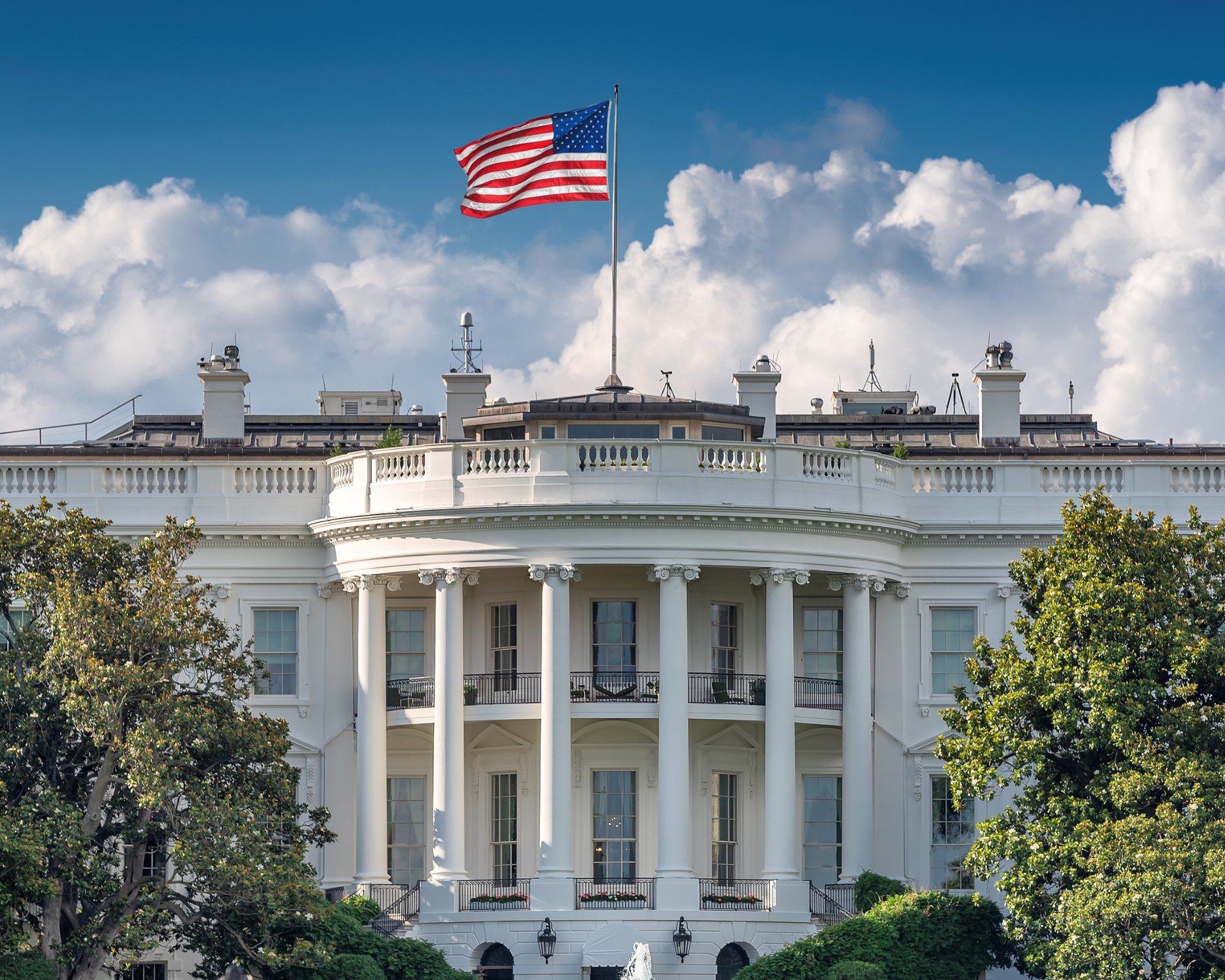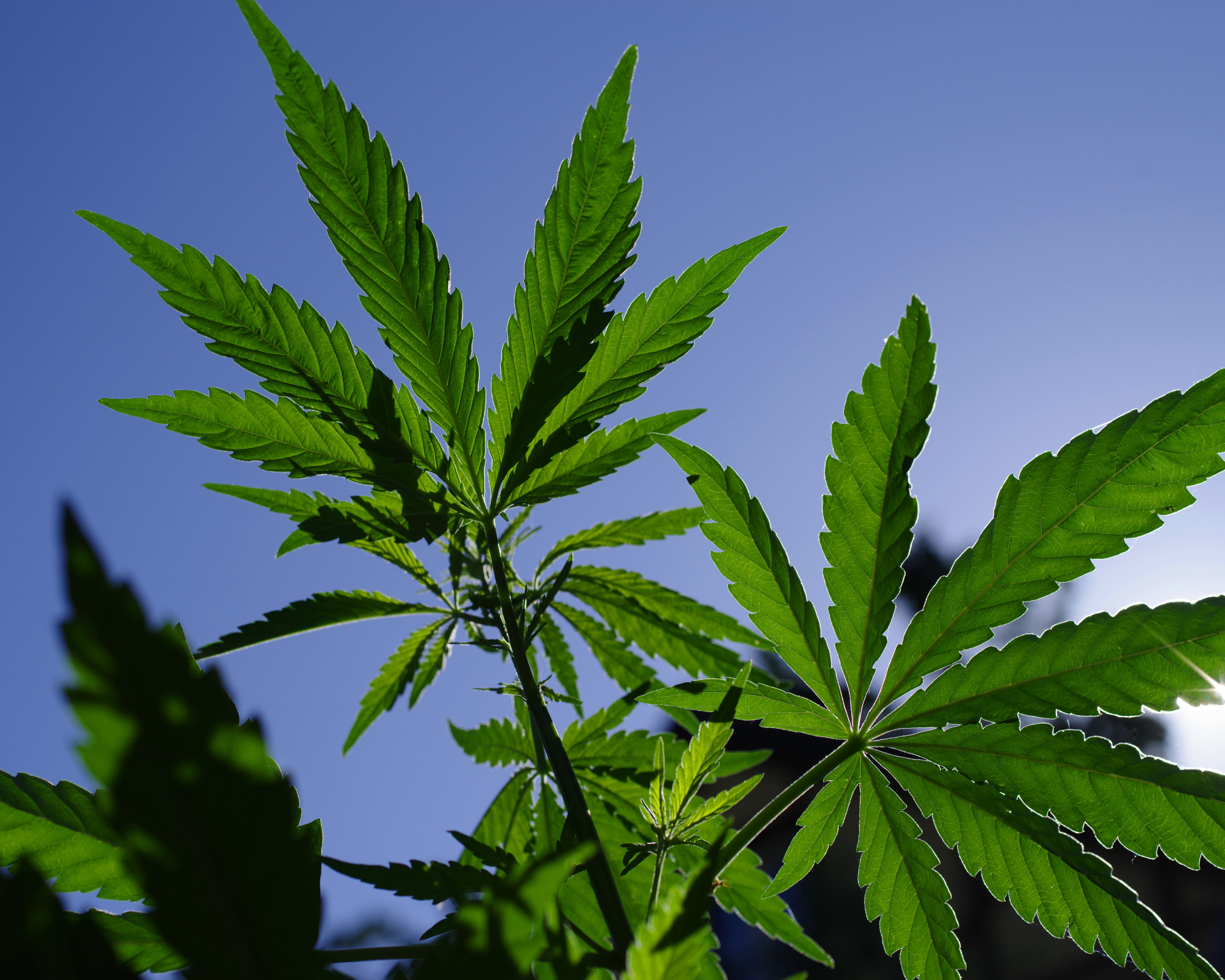A Cruel Summer for Medicaid
President Trump's One Big Beautiful Bill Act slashed $1 trillion from Medicaid. The consequences may cost thousands of lives.

Read Time: 3 minutes
Published:
In the first eight months of his second term, President Trump has followed through on approximately half of the plans detailed in Project 2025, a conservative blueprint for reforming the federal government. DOGE became a household word, and the new Secretary of Health and Human Services, Robert F. Kennedy Jr. started implementing his Making America Healthy Again agenda, cutting over 20,000 workers from federal health agencies and replacing key scientific advisory panels. The administration also froze funds for foreign aid and cutting-edge research. That was before a linchpin for health and health equity in America took a $1 trillion hit this summer—Medicaid.
The One Big Beautiful Bill Act (OBBBA) was signed into law by President Trump on July 4, building in many of his second-term talking points. It made permanent and expanded tax cuts from 2017 at a cost of $4.5 trillion in lost revenues over 10 years. The largest spending cuts were to Medicaid, by approximately $1 trillion, through a combination of work requirements, restrictions on how states finance their share, and other changes. A range of estimates suggests that 10 million people or more could lose Medicaid coverage, which, along with other policy changes, may cause 16,000 to 51,000 otherwise preventable deaths annually. KFF Executive Vice President Larry Levitt has called the OBBBA the “biggest rollback in federal support for health coverage ever.”
Work requirements may sound good in theory. In reality, they are a solution in search of a problem. Most people on Medicaid are working or have what most would consider a reasonable exemption, like providing care to a child or loved one, being in school, or having a disability. Arkansas tried this in 2018 and kicked 18,000 people off Medicaid without any corresponding changes in employment before implementation was halted.
We improve health by investing more in Americans’ basic needs, not less.
We are set to implement this failed experiment nationally, beginning in 2027, although states can start sooner, and some are already planning to do so. The OBBBA will also force those on Medicaid to submit paperwork more often, which will cause many to fall through the cracks, with thousands dying as a result. Proponents claim that these changes will save Medicaid for those who really need it, but others worry that those who are least capable of navigating the extra burdens will suffer most.
The looming cuts to Medicaid will hurt millions. And those who remain in the program will face weakened access to care. In late June, the Supreme Court handed down a ruling in Medina v. Planned Parenthood South Atlantic, establishing precedent for states to exclude providers from Medicaid. This ruling allows South Carolina to continue excluding Planned Parenthood and potentially any other health care provider that offers reproductive care, or any other care deemed objectionable by state officials. Fourteen states have tried to limit access to Planned Parenthood in recent years, so we can expect this decision to only bolster state efforts at restricting provider choice in Medicaid.
Medicaid keeps people alive and helps reduce inequities. It is a key funder of rural hospitals. It costs more to have people coming in and out of the program, harming their ability to see doctors or get prescriptions refilled. We improve health by investing more in Americans’ basic needs, not less. The “savings” created by the OBBBA will cause more uncompensated care, medical debt, and death rather than making America healthy again.



